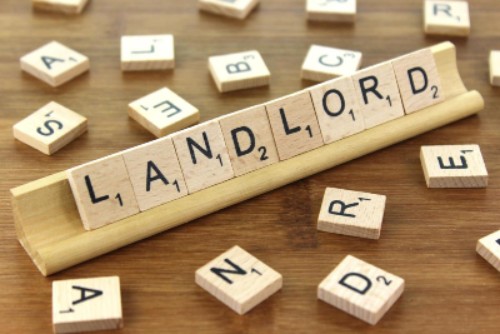
Your role as a Landlord - A quick guide
It is important as a landlord to know your rights and responsibilities. Generally, when managing residential property, your role involves maintenance and ensuring any repair work is completed, as the property cannot have any hazards or breach any health and safety laws. Along with this, there are deposit protections you must also follow.
This guide looks at the role of a residential landlord and the key obligations you will have, including your financial responsibilities and health and safety obligations.
This section covers:
- Tax
- Deposits
As a landlord, you are required to pay tax on your earnings, including national insurance, if you run your rental properties as a business. Income tax must also be paid on your income, the money brought in through rent, but your day-to-day running expenses can be deducted before the tax bracket is decided.
When a tenancy begins, you are more than likely going to collect a deposit. This money must then be placed in a tenancy deposit protection (TDP) scheme. This is to protect your tenants and ensure the money is returned if their tenancy agreement terms are met at the end of their tenancy. However, the TDP schemes also protect landlords as it means the deposit money is there if the agreement is not met and repairs need to be made, or missed rent payments need to be covered.
In England and Wales, the following schemes are available to you:
This section covers:
- Health hazards
- Gas equipment
- Fire Safety
- Carbon monoxide detectors
Landlords owe a duty of care to their tenants, and this includes ensuring there are no health hazards to your tenants. The most serious hazards that you must deal with as soon as you are made aware of them include:
- Mould on the wall or ceilings
- Pest or vermin infestations
- Dangerous or broken boiler
- Leaking roof
- Exposed wiring
- Poor security caused by broken locks or doors
When you are made aware of the above issues, you must act fast to repair the property back to a safe living standard.
Gas equipment
As a landlord, it is your duty to ensure all gas appliances are safe and in working order. This is a legal responsibility and can be broken down into three steps, as outlined below.
- Gas safety checks must be carried out annually by a Gas Safe registered engineer. Once this is done, you will receive an outline of all checks completed in your Landlord Gas Safety Record (LGSR).
- As well as being kept for your own records, the LGSR should be made available to tenants within 28 days of the gas safety check. At the start of a new tenancy, the most recent LGSR should be provided.
- Maintenance of all gas pipework, chimneys, appliances and flues is also your responsibility. These must all be kept in safe working order and typically require an annual check unless your Gas Safe engineer suggests otherwise.
When starting a new tenancy, it is also recommended to show the new tenants where to turn off the gas in the case of a gas emergency.
Carbon monoxide detectors
From October 2022 you must provide a carbon monoxide (CO) detector in every room where there are gas appliances, other than those used for cooking. These detectors must carry a British or European approval mark and should be checked the day a new tenancy begins and annually, particularly to ensure the batteries are still working.
Fire Safety
Similar to CO detectors, you must also ensure there are working fire alarms throughout the property. Fire safety regulations can change depending on which local authority area the property is in, so you should always check you are meeting the local regulations.
Generally, there must be a smoke alarm fitted on each storey of the property, and these must be checked regularly, along with always being checked at the start of a new tenancy. If the property you are providing is furnished, all furniture should be fire-safe, and there should be fire escape routes available.
If the property is a multiple occupation property (HMO), fire extinguishers also must be provided by the landlord.
If you would like some further information about the contents of this article, contact us today on 01502 532300 or email us using the 'make an enquiry' form.
This is not legal advice; it is intended to provide information of general interest about current legal issues.
